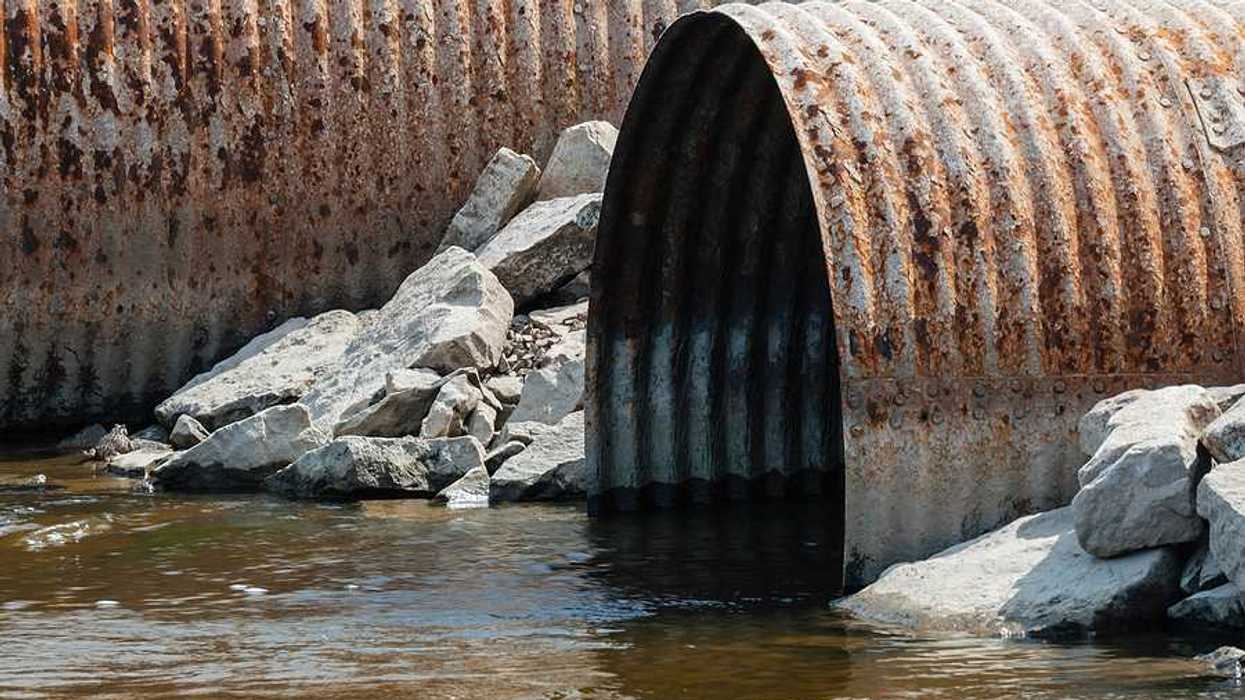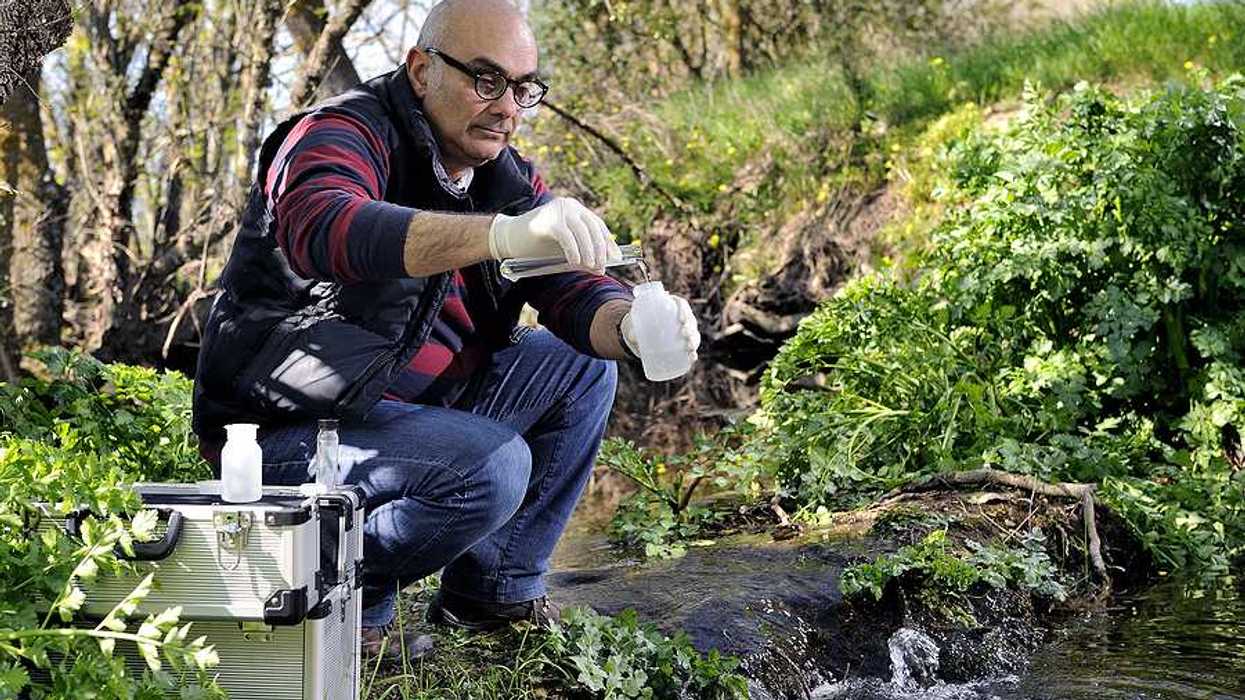Despite plans to ban plastic from wet wipes, experts warn it could increase river pollution due to public misconceptions about flushability.
Randa Lindsey Kachef reports for The Conversation.
In short:
- The UK’s plan to ban plastic in wet wipes aims to reduce microplastics but might cause more river blockages.
- People may flush more wipes, believing biodegradable ones are safe, yet they still cause severe sewage issues.
- Wet wipes' durability, regardless of material, leads to long-term environmental harm and costly blockages.
Key quote:
"But the very nature of durability means that regardless of whether they contain plastic or not, they will not break down easily."
— Randa Lindsey Kachef, lecturer in geography, King’s College London
Why this matters:
Increased flushing of biodegradable wipes could exacerbate sewage blockages and river pollution, threatening water quality and public health. Many might assume that without plastic, these wipes are now safe to flush. This misconception could lead to a surge in wipes being discarded into toilets, only to wreak havoc on sewer systems and eventually find their way into rivers and oceans. The result? An unintended spike in pollution.














